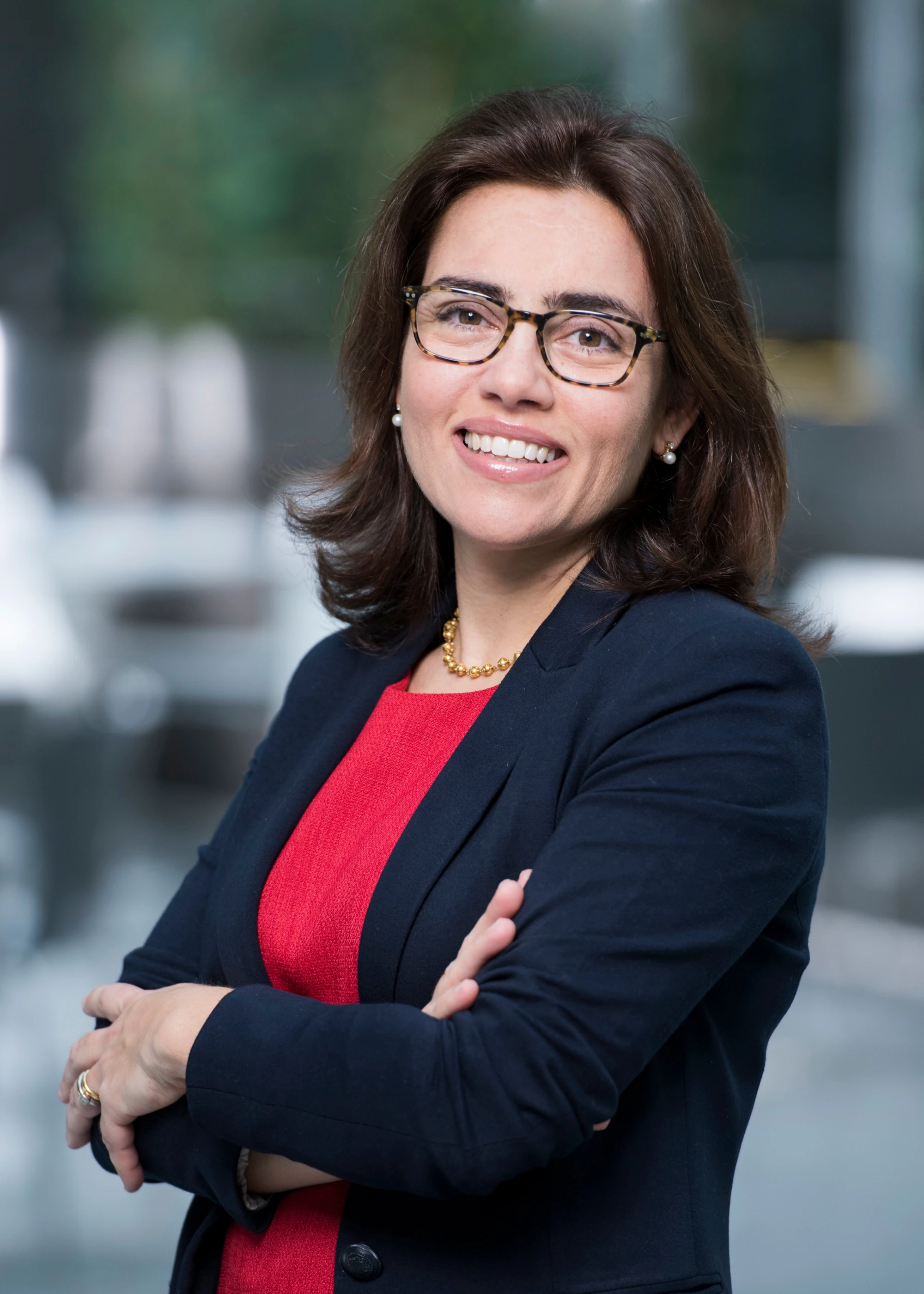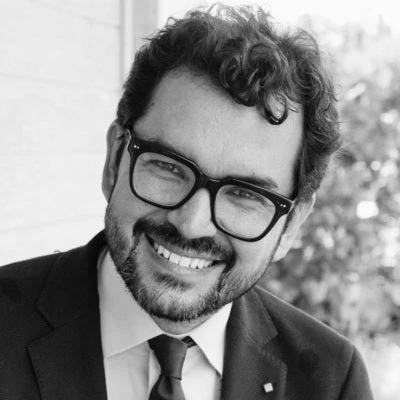
Addressing the global learning crisis requires improving the experience of young students, to help them learn more and progress further in their education. Principals are at the heart of shaping that experience – from the cleanliness of the building, to the way that students and teachers interact with each other, to the motivation and effort teachers make inside their classrooms. So it is no surprise that, after teachers, principals are generally considered to be the most important school input to student learning (see here and here). Yet principals – how they are selected, trained, supported, and incentivized – have only recently come to the forefront of education policy discussions in many middle and lower income countries.
In response to a growing interest in developing effective principal training programs, The World Bank, in partnership with the Government of the Dominican Republic, recently brought together governments and NGO representatives from 10 countries across Latin America and the United States for a knowledge exchange workshop in Santo Domingo.* The two-day workshop gathered more than 150 participants to exchange knowledge on the growing number of programs in the region, and debate on each country’s successes and challenges in helping school principals more effectively manage their schools.
From the discussions several key insights emerged on the current state of principal professional development across Latin America:
- Innovative training programs rethink the role of principals as key agents of change within schools and can significantly impact learning. The programs presented vary in their length, content focus, method of delivery and, of course, implementation context, but they all have in common a focus on empowering principals to lead their school communities in improving the school climate and working together towards better outcomes. Innovation comes from within and outside government, and several of the experiences presented involve close partnerships between non-governmental organizations and government, including the Varkey Foundation and provincial governments in Argentina, and Instituto Unibanco and state governments in Brazil. The two programs with completed impact evaluations – the Jovem de Futuro program in Brazil and the Leverage Leadership approach in the United States – have had sizeable positive effects on student learning. Other evaluations, including in Mexico, are underway.
- Training content, and a principal’s role, can vary, but effective programs all focus on student success as their ultimate objective. As examples from three of the programs presented -- Paul Bambrick-Santoyo’s approach from Leverage Leadership stresses instructional leadership and close pedagogical support for teachers (summarized nicely here and here). The Brazilian experience of Jovem de Futuro focuses on supporting principals and system managers to set school-level student achievement targets and to plan and execute actions towards achieving those targets. The Mexican program, developed as part of the national school management policy and with World Bank support, provides a range of supporting tools to principals but also emphasizes the importance of tools to observe teachers in the classroom and the need to track student learning progress.
- Aligning the broader education policy framework on principals is key to maximize the impacts of training. While designing and implementing effective in-service training is important, selecting high-quality individuals to become principals in the first place is a key pre-requisite. Workshop participants discussed their countries’ varied experiences with principal selection, ranging from a continued reliance on political selection, to ‘default’ mechanisms where the job goes to the most senior teacher, to country reforms towards merit-based, competitive selection of principals. At the same time, participants cited the lack of clear roles and responsibilities, excessive administrative demands, and the limited – and sometimes counterproductive – involvement of higher-level system managers as some of the key daily challenges faced by principals across their countries. These challenges cannot be addressed by training programs alone. They require broader reforms that take into consideration the different dimensions of principals’ careers, even before they become principals themselves.
What comes next? To make sustainable progress in how schools are run, education leaders across LAC will need to take on the challenge of developing and implementing principal career frameworks that clearly define the role and the competencies required, recruit high-quality candidates, train them well, and support and incentivize them through their careers. This is no small feat given the technical and political economy complexities around personnel reforms in the region’s public sector. But as the workshop demonstrated, some countries are embracing this challenge. With Word Bank support, the Dominican Republic launched during the workshop its own new principal training program, based on specific competencies and aligned with broader efforts to strengthen system managers at every level.
In the years ahead, the Bank stands ready to draw on these Latin American experiences and strengthen its efforts to help schools and education systems to develop high quality personnel to manage them.
The workshop was co-hosted by ISFODOSU and the World Bank, with support from the South-South Facility.




Join the Conversation